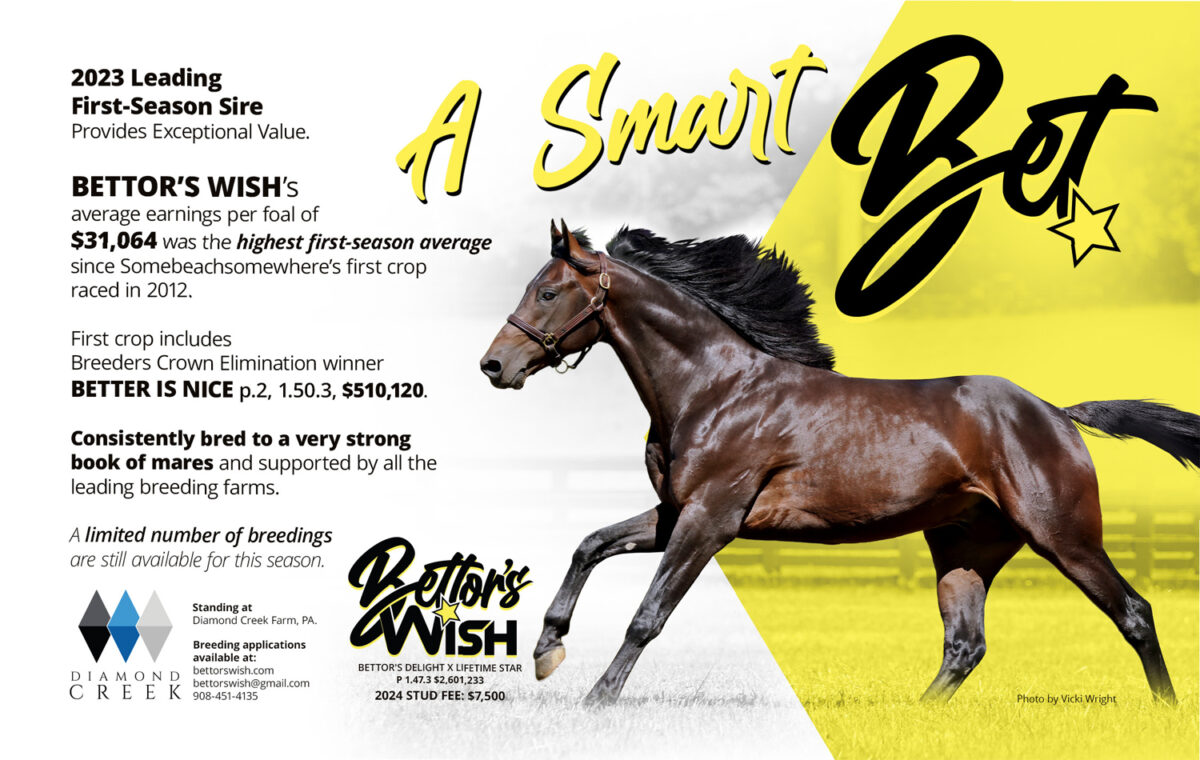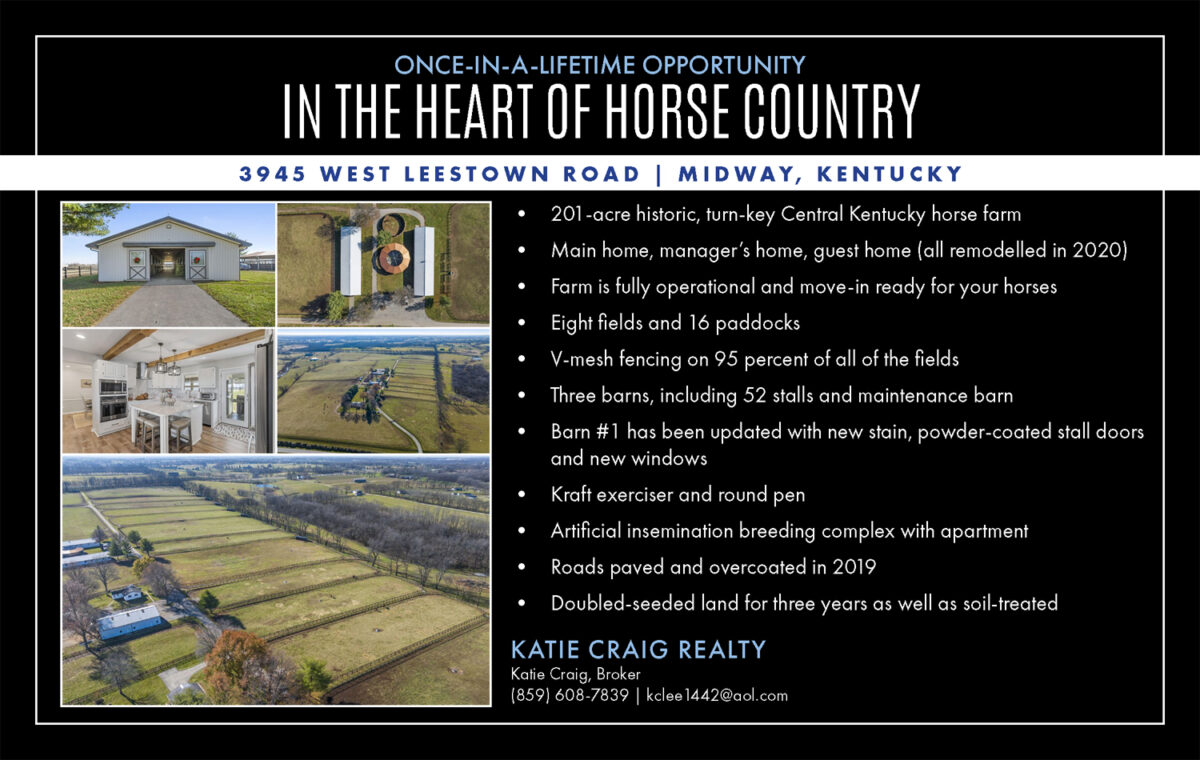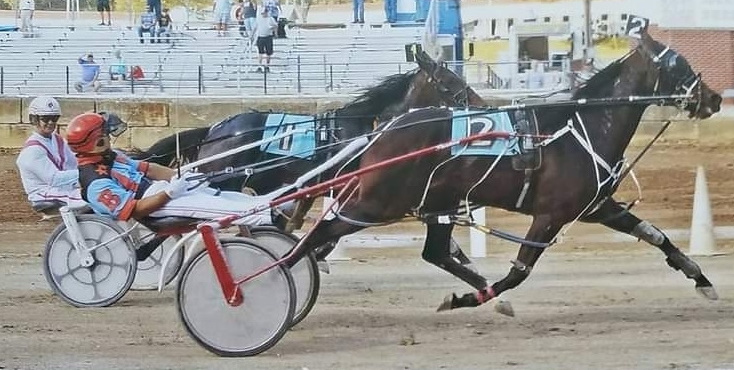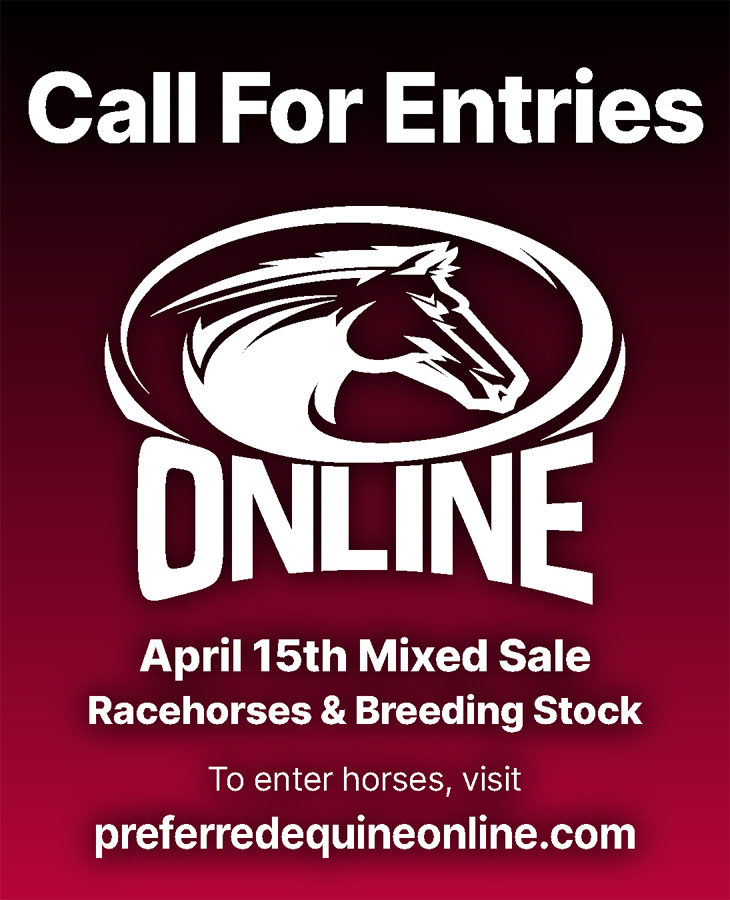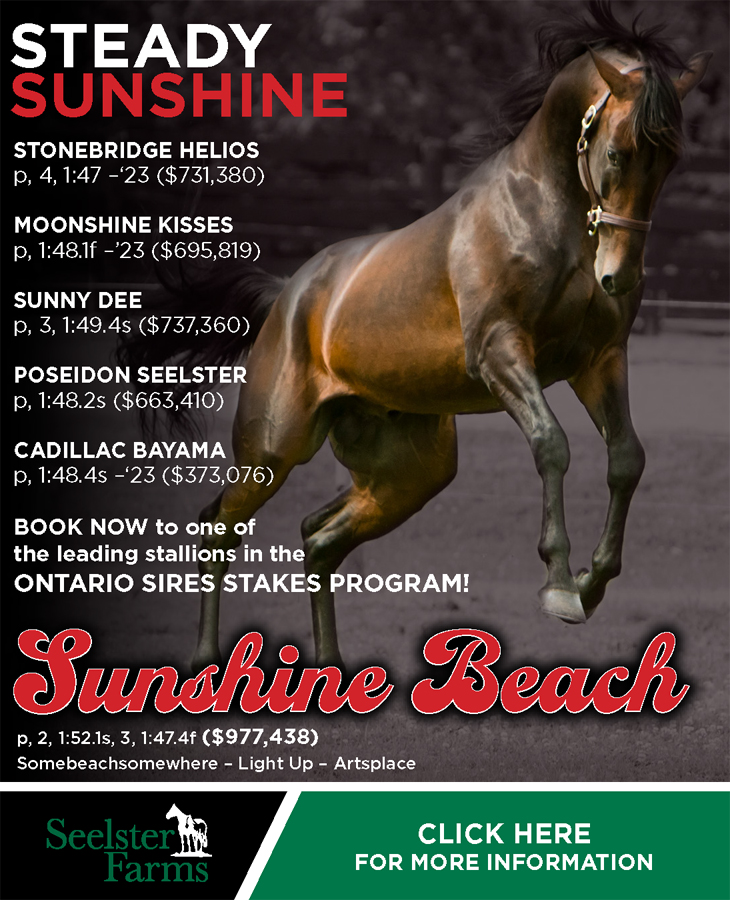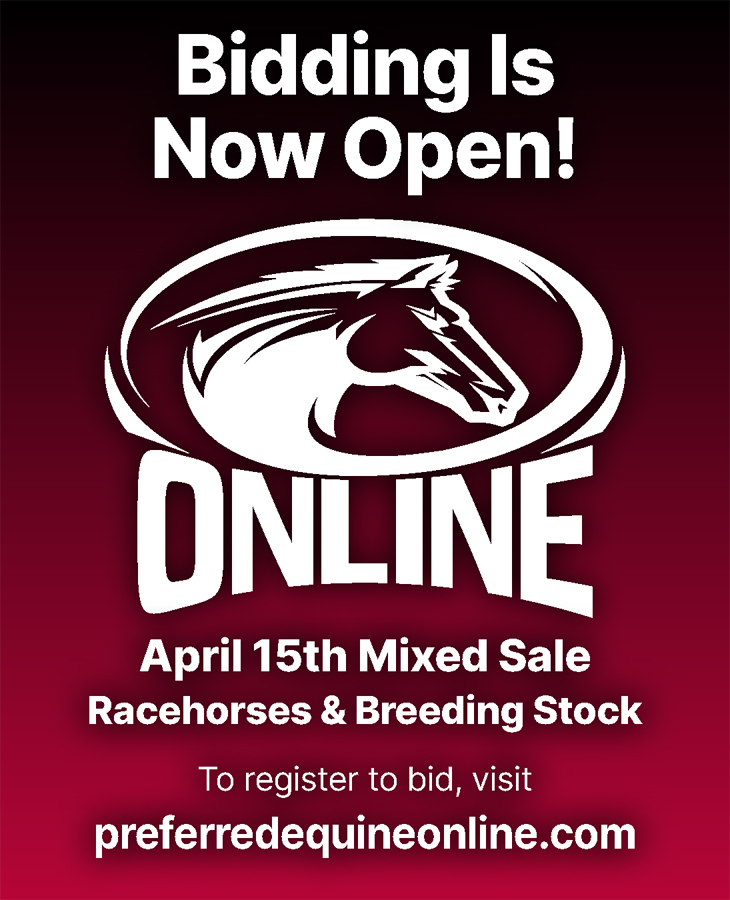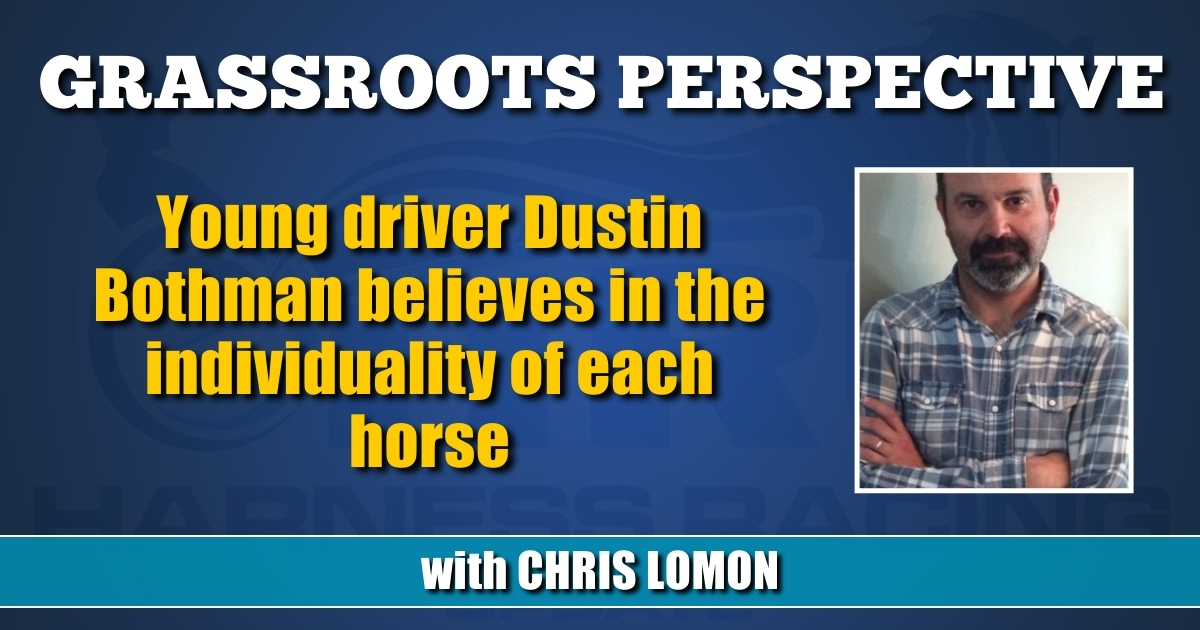

Young driver Dustin Bothman believes in the individuality of each horse
by Chris Lomon
Whenever Dustin Bothman walks through the barn, he sees something meaningful in each face that peers out at him.
It’s a feeling never lost on the horseman from Chillicothe, OH, the one he experiences every day he sets foot in the barn run by Steve Carter, his step-father.
To many, the nearly three dozen standardbreds who gaze out of their stalls might appear to look the same in color, size and markings.
For the 26-year-old Bothman, they couldn’t be any more different.
“All of them, they are just like people, and that’s how they should be treated. The horses all have different personalities and ways of doing things. Some people might look at a horse and think, ‘That’s just another horse.’ But you have to look at them as people. Every one is different.”
It’s been a long-held view for Bothman, who knew what his career calling was before he sat in his first high school class.
From the moment he started hanging around the barn, he realized the driving life was for him.
“I work for my stepdad and I’ve been with him since I was nine or 10.My grandfather had horses for a hobby, but was really good at it and he would take me to the barn with him when I was little. We would work with the horses and I would sit on his lap when we would jog them. He sparked my passion for the horses and introduced me to them. He passed away when I was 10 and my mother got remarried to Steve. I was very fortunate that he worked with horses too and he got me right back into it.
“So,I’ve always loved the horses. You’ve got to live and breathe the horses to be good at what you do. When I was around nine, I kept telling everyone that I wanted to drive horses one day. My stepdad would tell me all the time when I was young that it all starts in the barn – cleaning stall, knowing every piece of equipment like the back of your hand, all the ins and outs of the game. It’s not something that you start at and then take off driving right away. You need to know everything about the horses so that you can help them.”
In 2017, Bothman, who also credits Ernie Gaskin in his development, won three of 19 starts in the race bike. The following year, he posted 13 top-three finishes from 29 starts. After a six-win campaign in 2019, he upped his game, and win total, with a 37-win season.
He’s hopeful this year can be his most successful in the sulky.
“I just have to keep going, keep learning and being dedicated to it. The more seat time, the better. You learn something every time, win or lose. A lot of it is experience level. I’ve sat behind a lot of horses when it comes to training. Driving, you have to know the horses and the races. You also have to know how to work things out with them in a trip.
“Really, it would be awesome – I know it sounds far-fetched – if I could win 100 races. That would be sweet. I think the main thing is teaching our horses. We have some really nice 2-year-olds. As long as they do what we think they should and they are taken care of, and we keep them safe, that would mean the world.”
Just seeing the horses compete as the racing world continues to navigate the worldwide pandemic has been a source of joy for Bothman.
“You treasure that connection. It makes you feel a lot more grateful and fortunate to work with them every day. When the pandemic hit, you thought, early on, just how much it would impact racing. So, every day that I get to be around the horses, and every time they are on the racetrack, it makes it all that much more special. You never take any of it for granted.”
It’s exactly how he feels whenever he’s holding the reins, training or driving.
Bothman doesn’t see any of it as a teacher-student dynamic.
“We are both teaching each other. I learn from them and they learn from me. And that’s exactly how it should be.”
He’s also a big believer in the county fair circuit, specifically, in what it can offer rookie pacers and trotters.
“I love having the 2-year-olds at the fairs. The competition is different when it comes to the levels and stages of racing. People might look at it and think a horse is at the fair for a reason, that they can’t compete at the big track, but a lot of it to me is that a lot of 2-year-olds should experience starting at a county fair. It teaches them to race, but they also see a lot more and get a lot more action there than they would at a bigger track. If they start at a fair, it might help them become a tick smarter or a tick handier, to show how nice they are. I think the county fairs are great for that.”
On this day, Bothman has spent a little longer than anticipated in the barn. Not that it’s a bad thing.
Spending time with the standardbreds is never a chore, especially when there are plenty of different personalities to interact with.
Two, in particular, come to mind.
“There’s one – the only one – that I own. His name is I Forget Alittle [a bay son of Dontyouforgetit, bred by Dublin Valley Farm]. He turned 3 this year. He didn’t race as a 2-year-old. He needed his time to grow. He was immature when we got him, but he’s come around. We’re hoping we can start with him this year. He’s kind of a little rug rat. He likes to chew on everything he can and he has to have a Jolly Ball in his stall to throw around and play with.”
Charlie May, bred and owned by Don Tiger, is the other.
The 3-year-old son of McArdle, trained by Carter, has rhymed off three straight wins on two occasions, including an OSS Final score at Scioto Downs last September.
“Charlie May, I think it’s his personality that makes him such a good horse, the character he has. He obviously has great talent, but his competitive drive and professionalism is amazing. Really, I’m just happy to be around all the horses.”
Perhaps a line found in the ‘About’ section on Bothman’s Facebook page perfectly captures his love of horses and horse racing best, 10 words that speak volumes of his passion for standardbreds: I love my job… wouldn’t have it any other way.






